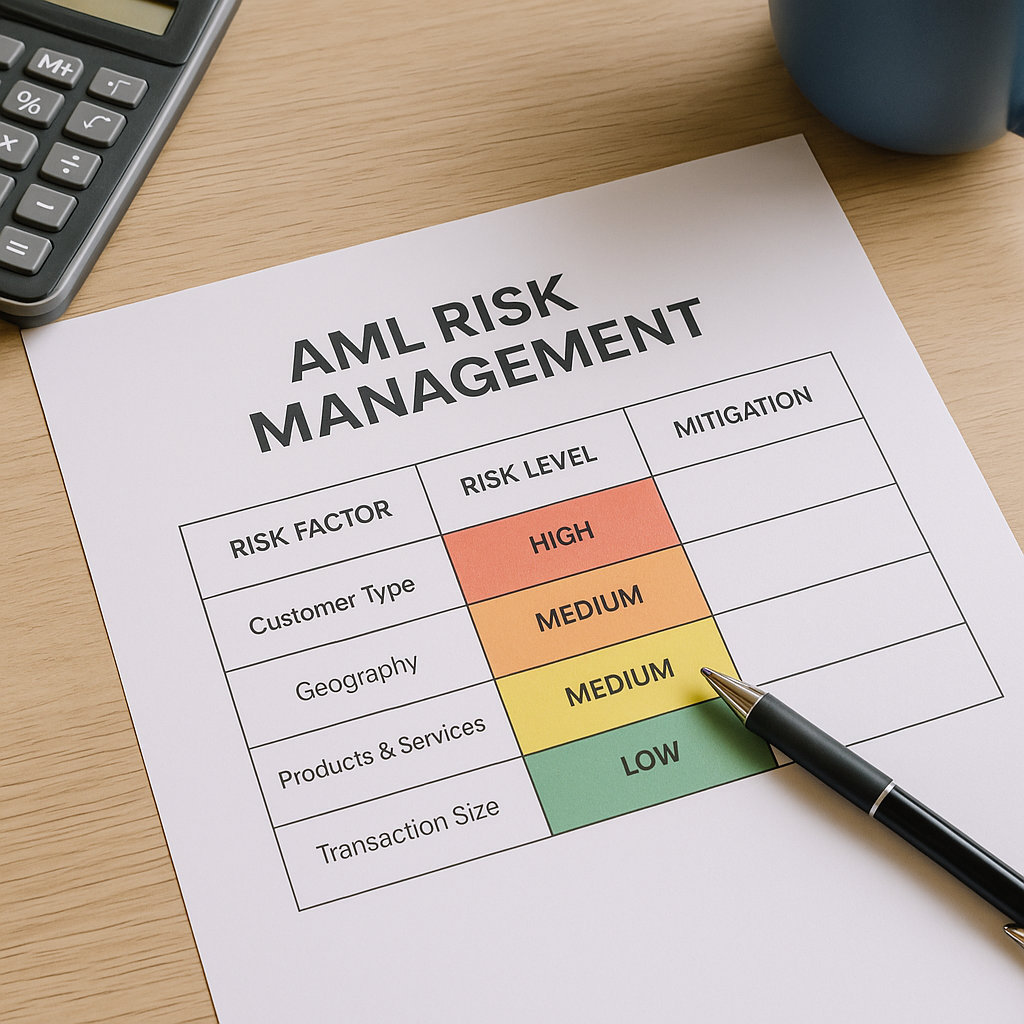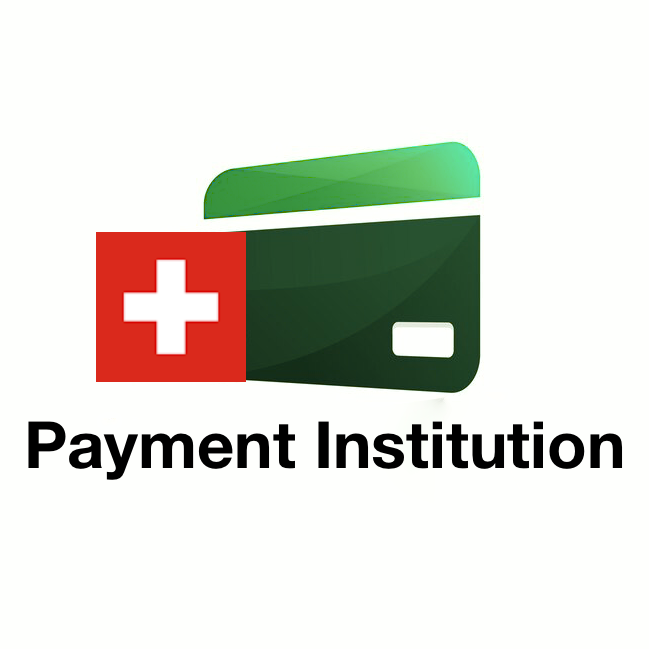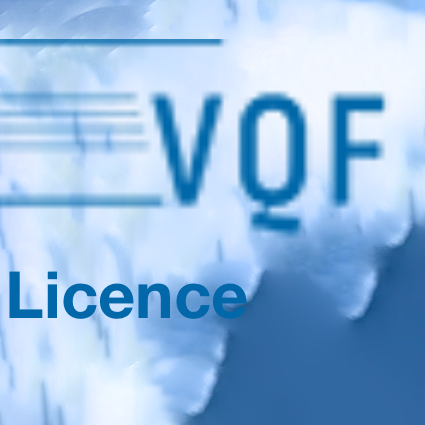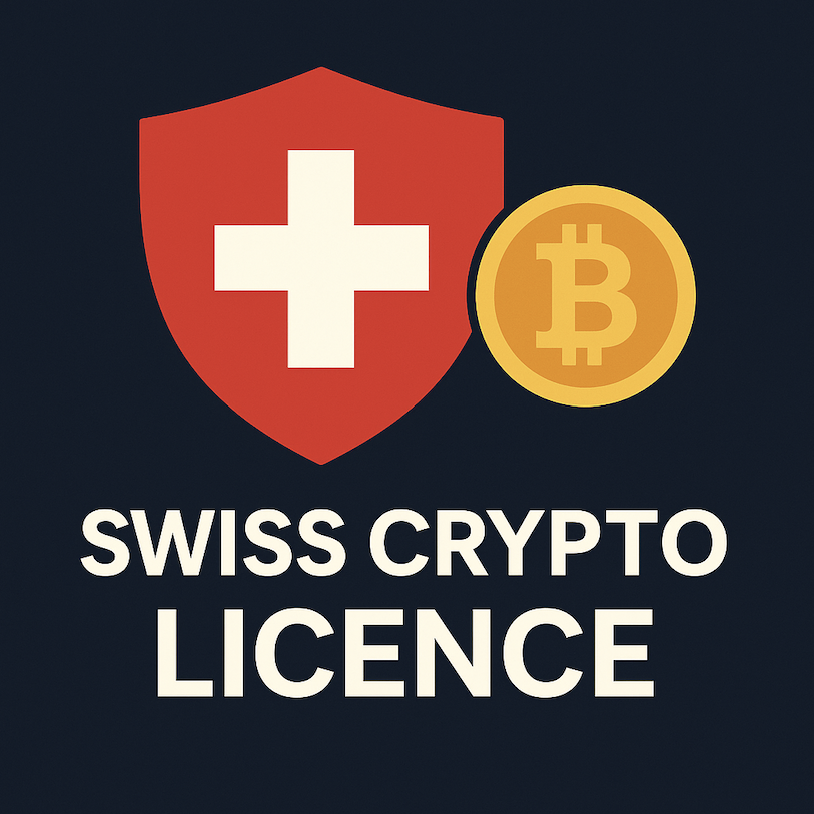












A FINMA non-action letter is an official statement from the Swiss Financial Market Supervisory Authority confirming that, based on the provided information, it does not intend to take any enforcement action regarding a specific business activity or model. These letters are issued after a comprehensive evaluation of the proposed activities, assuring that they align with Swiss financial regulations. This process is especially useful for obtaining the regulator's perspective, particularly in the fintech sector, where business cases are not always clearly defined in the law. It helps mitigate regulatory risks by providing clarity and legal certainty.
In Switzerland, family offices generally do not need a specific license to operate, as long as they provide services exclusively for the family members they are established to serve. If the family office does not engage in regulated financial activities such as managing assets on behalf of external clients or providing financial services to third parties, it does not require a license from the FINMA.
However, proprietary trading may require a license in certain cases, particularly if the family office exceeds a specific threshold of trading activity and is a member of a trading platform. In such instances, the family office may need to obtain authorization as a security dealer, depending on the scale of operations and the nature of its involvement in the financial markets.
Moreover, Multi-Family Offices typically require a license as an asset manager or portfolio manager as they manage assets on behalf of multiple families or external clients.
Yes, payment processing activities are regulated in Switzerland. In principle, a FINMA license is not required as long as the financial intermediary does not accept deposits from the public (customers' funds). The intermediary is allowed to receive funds if they are intended for conversion or further transmission. However, this activity is subject to AML requirements and requires membership in an SRO (Self-Regulatory Organization). A FINMA license is generally required if the financial intermediary wishes to issue IBANs with its own accounts. Swiss law, however, provides many opportunities to establish payment activities without a FINMA license by utilizing various exceptions.
The legal status of peer-to-peer (P2P) cryptoasset transactions depends primarily on the level of control exerted by the wallet service provider. If the provider does not have the ability to control the private keys or influence the transaction or smart contract, these transactions generally do not fall under the Anti-Money Laundering Act (AMLA).
However, if the wallet service provider can exercise control over the assets involved or impact the transaction, the AMLA applies. This is the case even for non-custodial wallet providers if they are involved in facilitating cryptocurrency transactions within an ongoing business relationship.
Furthermore, when asset tokens qualify as derivatives, the obligations related to derivative trading apply to all parties involved in such transactions, regardless of their role in the transfer.
In Switzerland, the regulation of ICOs depends on both the type of token and the stage of the ICO. The regulatory requirements vary based on the token’s classification. Generally, no FINMA authorization is required unless the token is classified as a derivative or has a repayment obligation, in which case a banking or securities license may be necessary.
The regulatory classification of a token can evolve over time, depending on its development stage:
Pre-financing Stage: At this stage, no tokens are issued, and the platform or blockchain is still under development. The token is not transferable, and regulatory requirements are generally not applicable yet.
Pre-sale Stage: Tokens are issued, but they only entitle the holder to acquire or exchange for other tokens later. These tokens are not yet fully functional and typically do not trigger significant regulatory obligations, unless they are deemed securities.
Pre-operational Stage: The token's core functionality is developed, but it is not yet operational. During this phase, its regulatory classification may shift depending on how it is intended to be used, and regulatory requirements may start to apply if the token is designed for financial or investment purposes.
Operational Stage: Once the token is fully functional and operational on a live blockchain or platform, its regulatory status may change. At this stage, if the token qualifies as a security or investment product, full financial market regulations will apply.
Token classification can change as the token progresses through these stages:
Yes, full online customer onboarding is possible in Switzerland. According to FINMA Circular 2016/07, financial institutions are permitted to conduct customer identification through online and video identification processes, provided they meet the regulatory requirements for customer due diligence. This allows companies to onboard customers remotely while ensuring compliance with Swiss AML regulations.
In general, token mining is not regarded as a regulated financial service under Swiss law, and earnings from mining are typically not subject to AML regulations if used for private purposes.
Yes, it is possible to tokenize real estate, but not the property itself directly. The method involves tokenizing shares of a special purpose vehicle (SPV) that holds the real estate. However, this setup can qualify as a collective investment scheme, which requires authorization from FINMA, both for the product and its distribution. This is why such structures are not widely used in Switzerland, due to the strict regulatory requirements related to the management of collective investments.
In principle, a FINMA license is not required as long as the financial intermediary does not accept deposits from the public (customers' funds). The intermediary is allowed to receive funds if they are intended for conversion or further transmission. However, this activity is subject to AML requirements and requires membership in an SRO (Self-Regulatory Organization). A FINMA license is generally required if the financial intermediary wishes to issue IBANs with its own accounts. Swiss law, however, provides many opportunities to establish payment activities without a FINMA license by utilizing various exceptions.
In Switzerland, there is no formal "VASP license" regulated by FINMA. Most crypto players in the Swiss market operate with an SRO (Self-Regulatory Organization) membership, which allows them to act as financial intermediaries and provide a range of crypto-related services. Terms like “VASP license,” “Crypto license,” or “Swiss MSB” are essentially incorrect ways of referring to an SRO membership.
Generally, incorporating a company in Switzerland is a fairly quick process, taking around 2 to 4 weeks. Once you’re ready with your company name and business purpose, you’ll need to open a capital payment account with a Swiss bank, which can vary in time depending on the bank and your industry. After that, drafting the articles of association and completing the foundational documents is relatively straightforward. Certain documents need to be legalized before submitting the application to the commercial register, which then takes about a week to review and publish the company.
Yes, it is indeed possible to incorporate a company in Switzerland using cryptocurrency. To do so, you'll need to transfer the crypto to a wallet and have an auditor verify that the wallet holds the required amount of crypto. The auditor will then issue a certificate, which serves the same purpose as a traditional bank confirmation for capital deposits. It's essential that the value of the crypto deposited in the wallet meets the minimum capital requirement in CHF.
Yes, financial intermediaries and companies regulated by FINMA can outsource their AML or compliance department to a third party. However, this requires meeting specific regulatory requirements, including establishing a formal outsourcing agreement, carefully selecting the service provider, ensuring proper instruction and ongoing monitoring of the outsourced function. Additionally, AML officers must have the necessary expertise and qualifications to fulfill their duties effectively. SynHedge can assist you in identifying suitable outsourcing providers that meet regulatory standards and best practices.
Do not hesitate to reach out. We’ll be happy to answer your questions and assess how we can best support you. Book a call now or email us at contact@synhedge.com
Copyright © SynHedge LLC - 2026

Copyright © SynHedge LLC - 2026
